The seafood conference will take place for the twelfth time next November 2 and 3 in Harpa. The Maritime Industry Conference is one of the largest annual forums for all those working in the maritime industry.
Social responsibility in the fishing industry is the title of the 2023 Fisheries Conference, and Matís has a lot to contribute. Matís' staff will have both a wide variety of presentations at the conference and supervision of seminars.
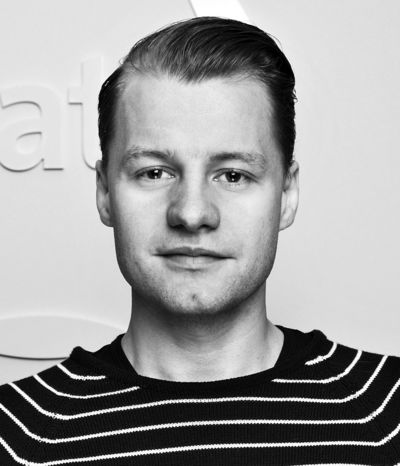
Sæmundur Elíasson, verkefnastjóri hjá Matís mun flytja erindið ,,Framtíðarmöguleikar í frysti- og þíðingartækni sjávarfangs“. There, he will review recent developments in freezing and thawing technology for seafood and the effect on quality aspects of raw materials, such as water resistance, texture, TVB-N, lipids and proteins. The recent development of industrial solutions in freezing and thawing will be discussed, including the use of high pressure, sound waves, electromagnetic waves (eg radio and microwaves), etc. These different methods can be used alongside more traditional freezing and thawing methods (such as air blowing or immersion in liquid) to stimulate the process and achieve increased speed and maintain better quality.
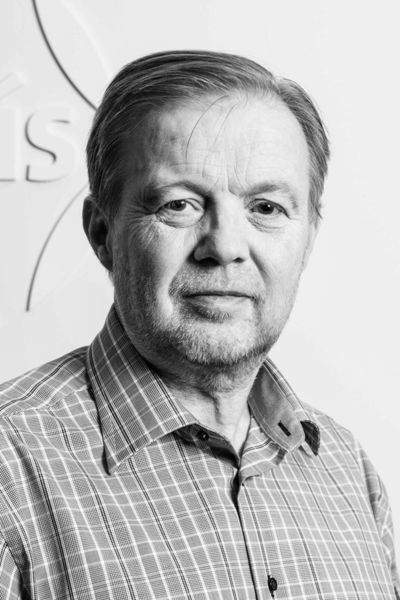
Sigurjón Arason yfirverkfræðingur hjá Matís flytur erindið ,,Frysting fyrir og eftir dauðastirðnun“ and discusses the advantages and disadvantages of freezing seafood after different waiting times. He will also evaluate how to ensure the preservation of quality through the value chain from slaughter to consumers. When freezing seafood, it is necessary to consider the condition of the raw material, such as the time of year, handling and dead starling, freezing technology and the method used, cold storage and transport, but it is important to consider stability in the process.
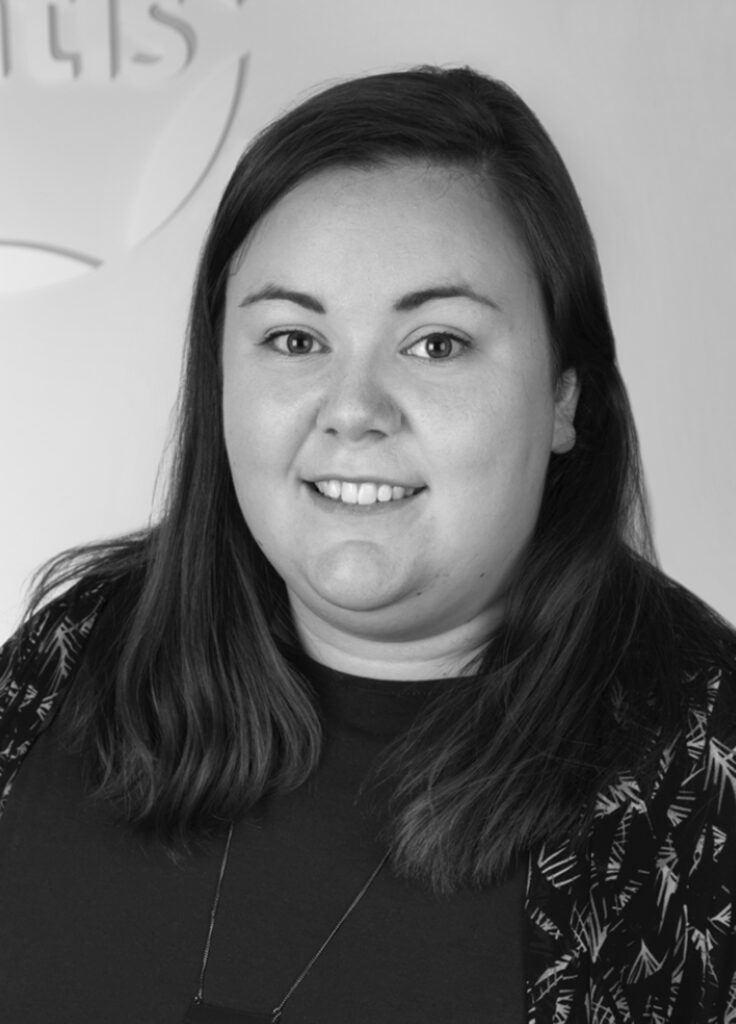
Hildur Inga Sveinsdóttir, verkefnastjóri hjá Matís mun flytja erindið ,,Hliðarstraumar eða hliðarhráefni: Nýting mismunandi strauma frá fiskvinnslu“. During the processing of marine products, various currents with different characteristics are created. It is important to look at these trends with the same eyes, they are all raw materials. There are different opportunities for each individual, and the presentation will review the results of research on their properties, as well as discuss their potential for use, with the maximization of quality and value in mind.
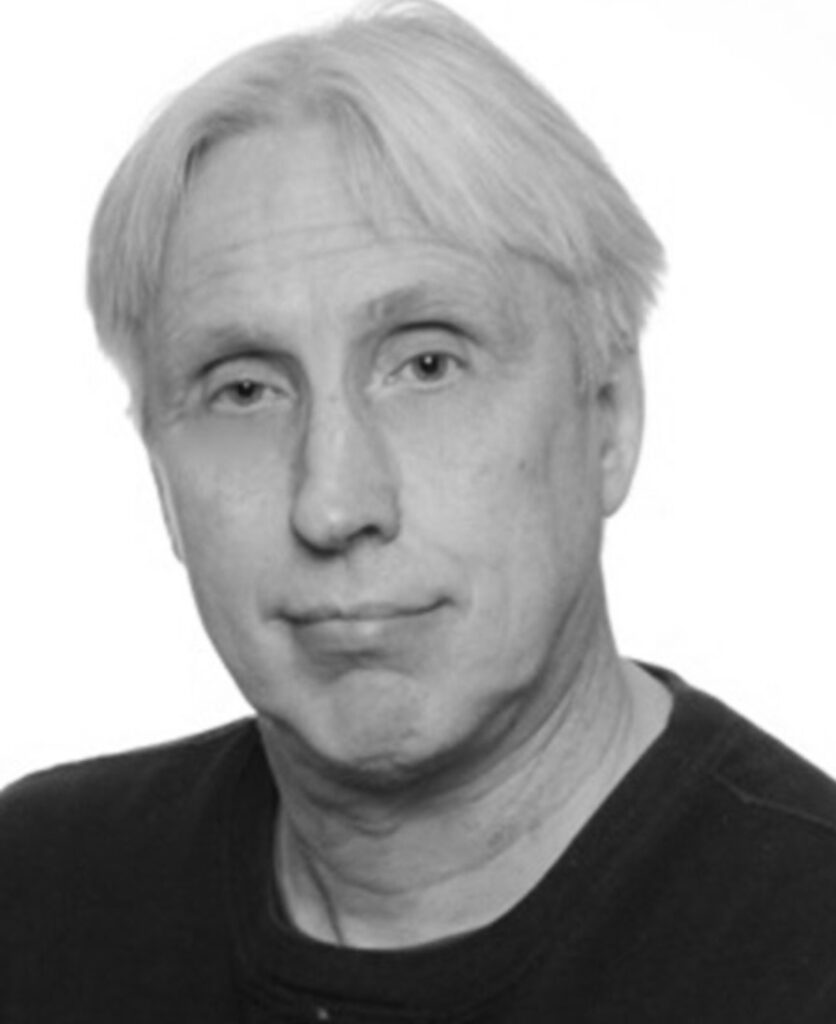
Guðmundur Óli Hreggviðsson, strategic expert at Matís, gives a talk about biomass plants but it is rather a new term used to define and describe biomass processing plants. They work there mostly with underutilized biological resources, for example seaweed and kelp, offcuts and residues from the fishing industry and agriculture, offcuts from the food industry, tree cultivation and rapeseed cultivation. The products of biomass plants are rarely food, but rather valuable food supplements, pharmaceuticals, valuable chemical compounds for the chemical industry, plastics and biofuels. In addition to traditional methods, important methods of biotechnology, fermentation organisms and enzymes are used.
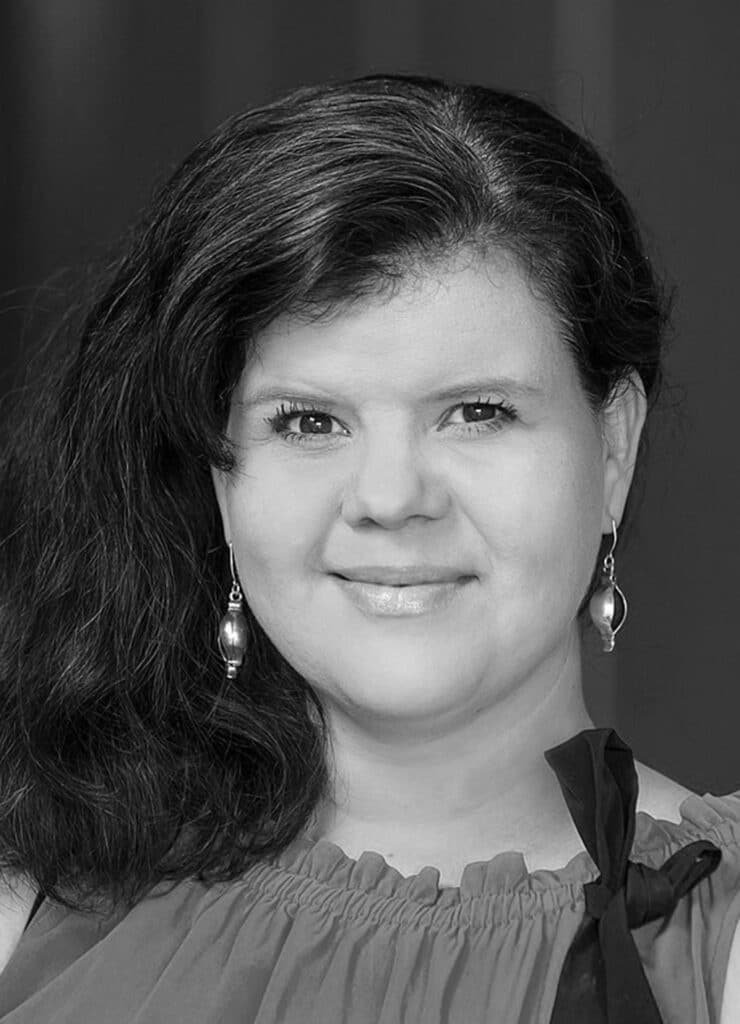
María Guðjónsdóttir, an expert at Matís, will give a talk on the use of hyperspectral camera technology in research and the fishing industry. Hyperspectral camera technology has gained ground in recent years within the food industry due to the wide range of applications of the technology in quality control, research and development. The hyperspectral imaging technology combines the advantages of photorefractometer technology and image processing and is therefore particularly suitable for the analysis of raw materials and products in an automated manner. With the introduction of artificial intelligence and more complex image processing solutions, more opportunities are opening up for the development of super-resolution imaging technology and the adaptation of the technology to the diverse needs of the marine industry. In the lecture, the methodology will be presented and the main advantages and limitations of the technique will be discussed based on the latest science. There will also be examples of the potential uses of technology in the marine industry, such as use in quality and defect analysis, as well as discussing the main research of recent years and where the technology may lead us in the future.
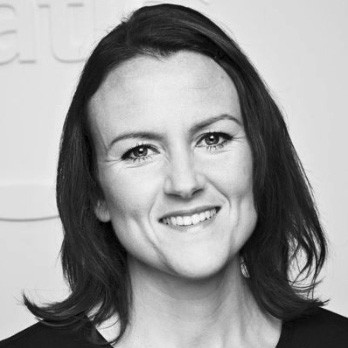
Kolbrún Sveinsdóttir verkefnastjóri hjá Matís mun svo flytja erindið ,,Þróun, áhrif og ímynd fiskneyslu“. There she will discuss the development of fish consumption over time, its effect on people's health and changes in knowledge in the context of increased consumption. Changes in the image of fish consumption that have taken place with increased research will be reviewed.
Anna Kristín Daníelsdóttir, assistant director and research and innovation director of Matís, oversees two seminars at the conference, one on food and food safety in the fishing industry and the other on maximizing value in the use of marine organisms, where both challenges and opportunities will be considered.
The program of the Maritime Industry Conference 2023 as well as a registration link and further information is available on the conference's website here:
